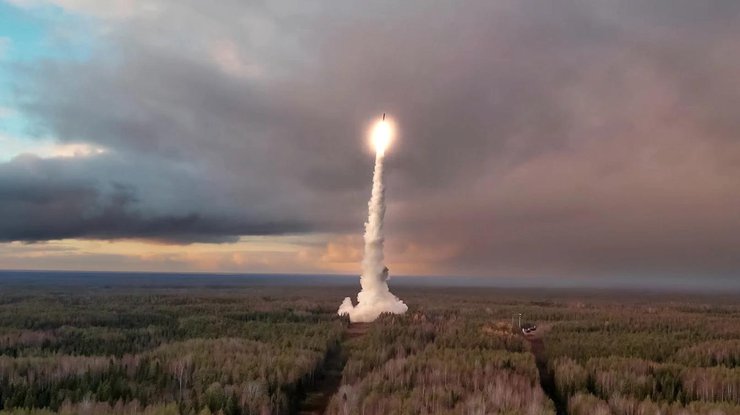
The American magazine Politico has released a list of "black swans" based on surveys of 15 futurists, scientists, and analysts. "Black swans" refer to unlikely events that can drastically change the global situation.
The list of "black swans" for 2025 includes an energy security crisis, the largest cyberattack in history, a widespread epidemic or armed conflict in the United States, the use of nuclear weapons, and risks associated with climate change.
Ending the war in Ukraine is not considered a "black swan" by the publication, as it is deemed "too likely." According to Politico, a "black swan" for Ukraine could be a "defeat of Russia on the battlefield." Such an outcome "could threaten Putin's regime, and consequently, Lukashenko's, creating conditions for the overthrow of the president of Belarus and the rise to power of Sviatlana Tsikhanouskaya.
The "black swans" according to Politico:
- In 2025, the largest cyberattack in history could occur, incapacitating a significant portion of global infrastructure. Artificial intelligence may be used to conduct believable phishing attacks.
- A secret deal between the US and Russia regarding Iran. Russia could persuade Iran to agree to a five-year pause in nuclear weapons development in exchange for Israel refraining from an attack. The US, in turn, could convince Israel to abandon plans to attack Iran in exchange for normalizing relations with Saudi Arabia. Meanwhile, Putin may agree to send advanced air defense systems to Iran in case of an Israeli attack.
- Separatist movements in the US. Trump's support for the "Greater Idaho" movement, which advocates for the separation of part of Oregon in favor of Idaho, could lead to an increase in separatist sentiments in other states.
- An outbreak of infectious disease. This could occur in a small rural community and quickly escalate into an epidemic due to insufficient vaccination and misinformation on social media.
- An alliance between Trump and Xi Jinping. Trump's second term could lead to an unexpected alliance with Xi Jinping. China faces economic challenges such as a real estate crisis, local government debt, and an aging population. At the same time, US priorities have also shifted. Trump has promised to end the war between Russia and Ukraine and reduce immigration, which could lead to a decrease in the labor force and rising prices for American consumers. This opens the door for negotiations and compromises between Trump and Xi.
- A two-state solution between Israel and Palestine. This would require a new Israeli government that "pushes right-wing politicians to the background and dismantles a significant number of Israeli settlements in the West Bank." Palestinians would also need to rid themselves of the current leadership and elect new representatives for negotiations.
- A collapse of financial markets caused by misinformation. Malicious actors could use AI to create and spread false information about companies and financial markets. This could trigger mass stock sell-offs and market crashes, leading to economic turmoil worldwide.
- The fight against climate change will continue, despite Trump's ascendance, who expresses skepticism on the issue.
- A sudden emergence of artificial superintelligence and quantum computing could boost productivity in Africa, India, and the Middle East. This would lead to significant changes in global alliances and economic relations. China may use AI as a weapon in future trade wars with the US.
- South Korea's nuclear program. Seoul could announce its possession of nuclear weapons, which would alter the balance of power in East Asia, as other countries like Japan and Taiwan might also announce their nuclear programs.
- The threat of an energy emergency in the US. Due to the increase in "digital consumption," energy demand is expected to rise sharply by 2025. This will increase the burden on the electrical grid, threatening energy security. In the US, over 70% of power lines and transformers are over 25 years old; they were designed for times of low or moderate energy consumption.
- Crossing the nuclear "red line." Military modeling indicates that the development of tactical nuclear weapons with very low yield makes their use on the battlefield more likely than in the past.
It is worth noting that scientists believe quantum computers pose a threat not only to Bitcoin but also to the traditional financial system. Researchers warn that as technology advances, the threat of attacks on cryptocurrency and the traditional financial system increases.